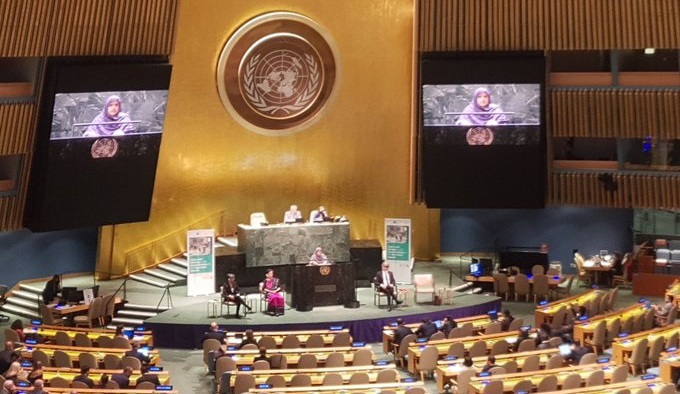Cities evolve towards social and spatial inequality. Everywhere the winners of globalisation build their protected enclaves as far away as possible from the ghettos to which the losers are confined. This is already a common picture in many cities worlwide.
The world have change in 30 years but most of former human settlements problems remains. Among them, poverty and inequality are even deeper in the rise. In this period of global change millions of people have not shared in rising incomes and wealth, and the economic, demographic and social restructuring occurred since the mid 1970s has left a wider gap between those on the highest incomes and those in the lowest. These trends have worsened existing patterns of development and have deepened people exclusion from social, cultural, economic and cultural recognized rights.
Economic restructuring, deindustrialisation, income polarisation, and tertiarisation processes are usually identified as “global” causal factors behind what some of authors called “polarised” or “dual cities” (Häußermann, et al., 2001; Musterd and Murie, 2001). As a result of this tendency, cities are showing spatial contrasts.While some parts of the cities are fully “connected” to the world and show a “cosmopolitan” face, other areas are either left to decay and/or have begun to concentrate ghettos of low-income families whose multiple social problems restrict their chances to “enjoy” the benefits of “modernisation”. These families are “socially excluded”.
Nowadays, the global expansion of capitalism under neo-liberalism push to increase business opportunities through the world while billions people live in harsh conditions at the same time; lacking adequate housing and basic infrastructure, unemployment and insecurity. Globalisation and privatisation appear as the most pervasive phenomena of our days because they represent the triumph of lucrative interest of some over the dignity interest of many.
Privatisation in human settlements has reached both material and not material assets. From the selling of public housing and infrastructure to the privatisation of services, national and local governments have been loosing control over private markets and have contributed to dismantled historically obtained social assets.
Increased competition among cities to attract capital and businesses for generating employment and sources of tax revenues has led to widening inequalities between cities. In the housing sphere, many states supported by international agencies have favoured markets enablement policies rather than people empowerment. Privatized social housing as resulted i.e. in higher rents, evictions and gentrification.
Also basic infrastructure and social services are being given to private hands through dubious processes. Lack of social or state control over resulted in higher fees, discrimination and cut off of services for poorer users. This asymmetric approach is based on the fact that privatization is a short-sighted scheme which trying to reduce fiscal burden or deficit is driving the public sector out of competition. While governments should be devoted to secure well-being, the public sector is reducing its role in society to secure the enabling environment for capital accumulation transnational corporations need.
Last but not least, globalization and privatization focus on capital expansion erode people ability to participate and to be included in decision-making.


